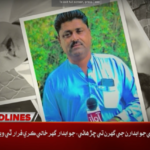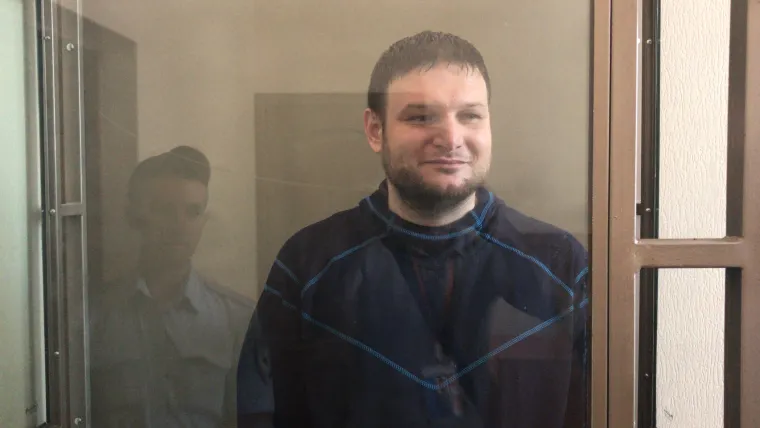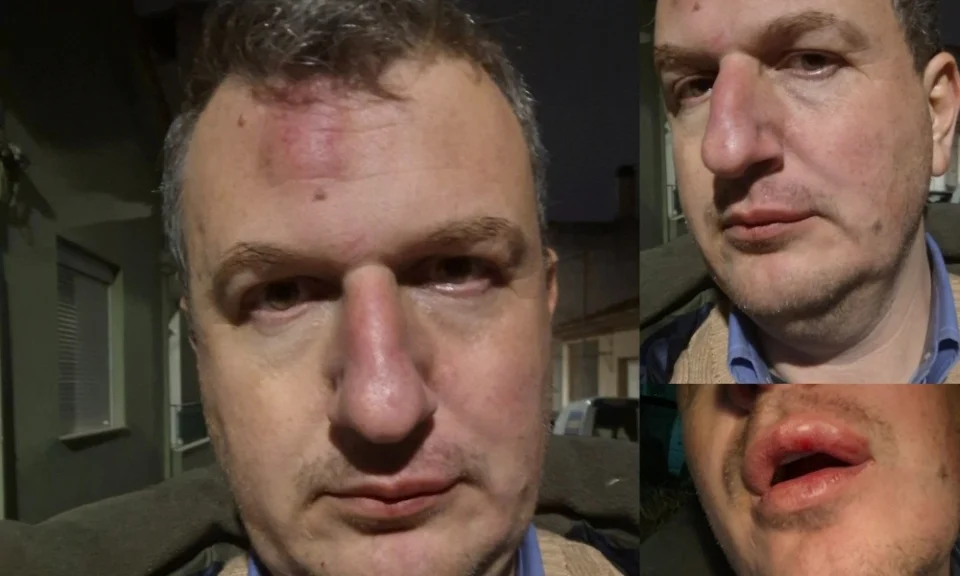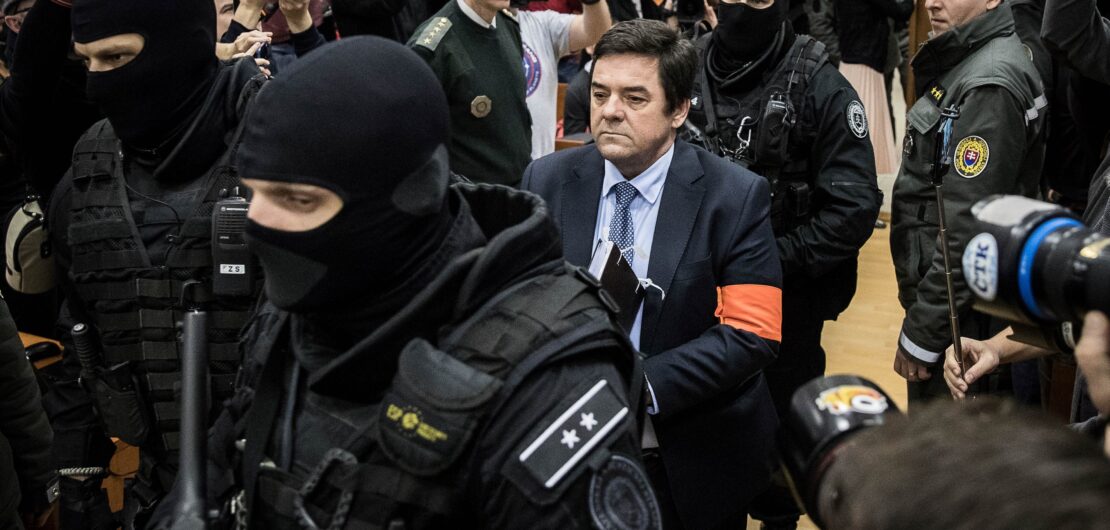
Southern African Journalists Launch United Front Against Disinformation
September 13, 2024
Two Journalists Killed in Pakistan as Violence Against Media Intensifies
September 13, 2024September 13, 2024 – Crimea –
Remzi Bekirov, an ethnic Crimean Tatar journalist from the Russian-occupied Crimea, continues to face severe harassment in jail as his court case approaches its next hearing on October 2, 2024. The Committee to Protect Journalists (CPJ) and Bekirov’s attorney report escalating mistreatment, including repeated placements in solitary confinement and intense scrutiny by prison authorities.
Bekirov, previously a correspondent for the independent media outlet Grani, was arrested following Russia’s annexation of Crimea. In March 2022, he was handed a draconian 19-year prison sentence on charges of “organizing the activities of a terrorist organization.” His work—reporting on Russian raids targeting Crimean Tatars and interviewing activists associated with Crimean Solidarity—was deemed incriminating by Russian authorities.
Ahead of the upcoming hearing, CPJ flagged serious concerns about Bekirov’s deteriorating rights within the penal system. He is allegedly subjected to arbitrary disciplinary measures, frequent solitary confinement spells, and strict monitoring of communications, intended to break his morale and isolate him from legal aid and family support. These actions appear designed to punish not only his journalism but his ethnicity and activism.
Bekirov’s continued mistreatment highlights the larger strategy employed by Russian authorities in occupied Crimea, where legal systems are weaponized to suppress dissent. CPJ emphasizes that these tactics aim to silence independent voices and intimidate other journalists who dare cover contentious issues. The use of harsh prison conditions demonstrates the Kremlin’s determination to stifle all forms of press freedom in the region.
Global press freedom advocates have condemned Bekirov’s imprisonment and the lack of due process. CPJ is urging Russian authorities to provide full access to legal representation, ensure humane conditions inside detention, and review the legitimacy of terrorism charges used to target nonviolent reporters.
As the October hearing draws near, activists warn that without international pressure, Bekirov and his colleagues could face even longer sentences or harsher penalties. His situation serves as a stark symbol of the broader harassment campaign against journalists in Crimea, where telling the truth to power has become a crime punishable by decades behind bars.
Reference –




